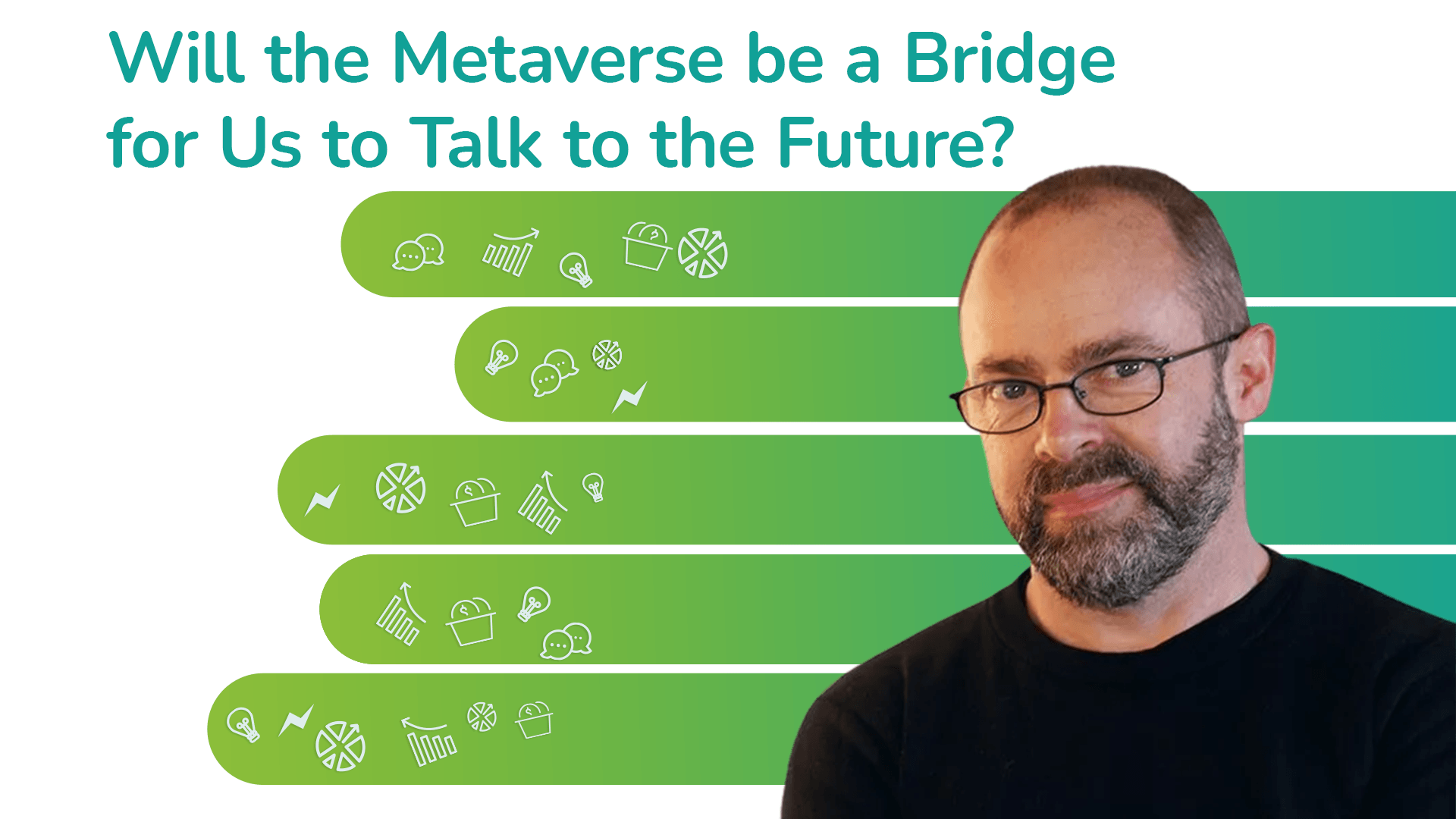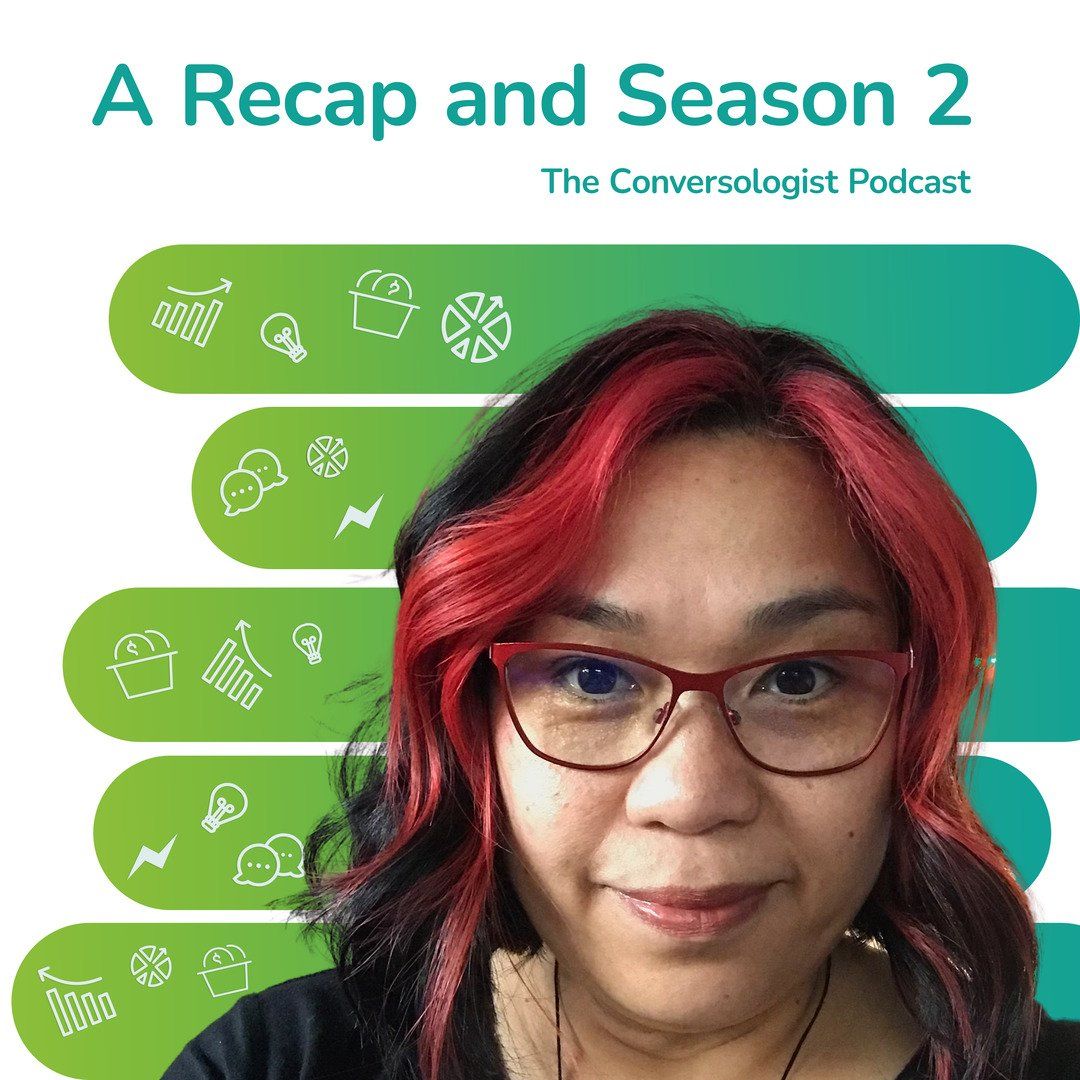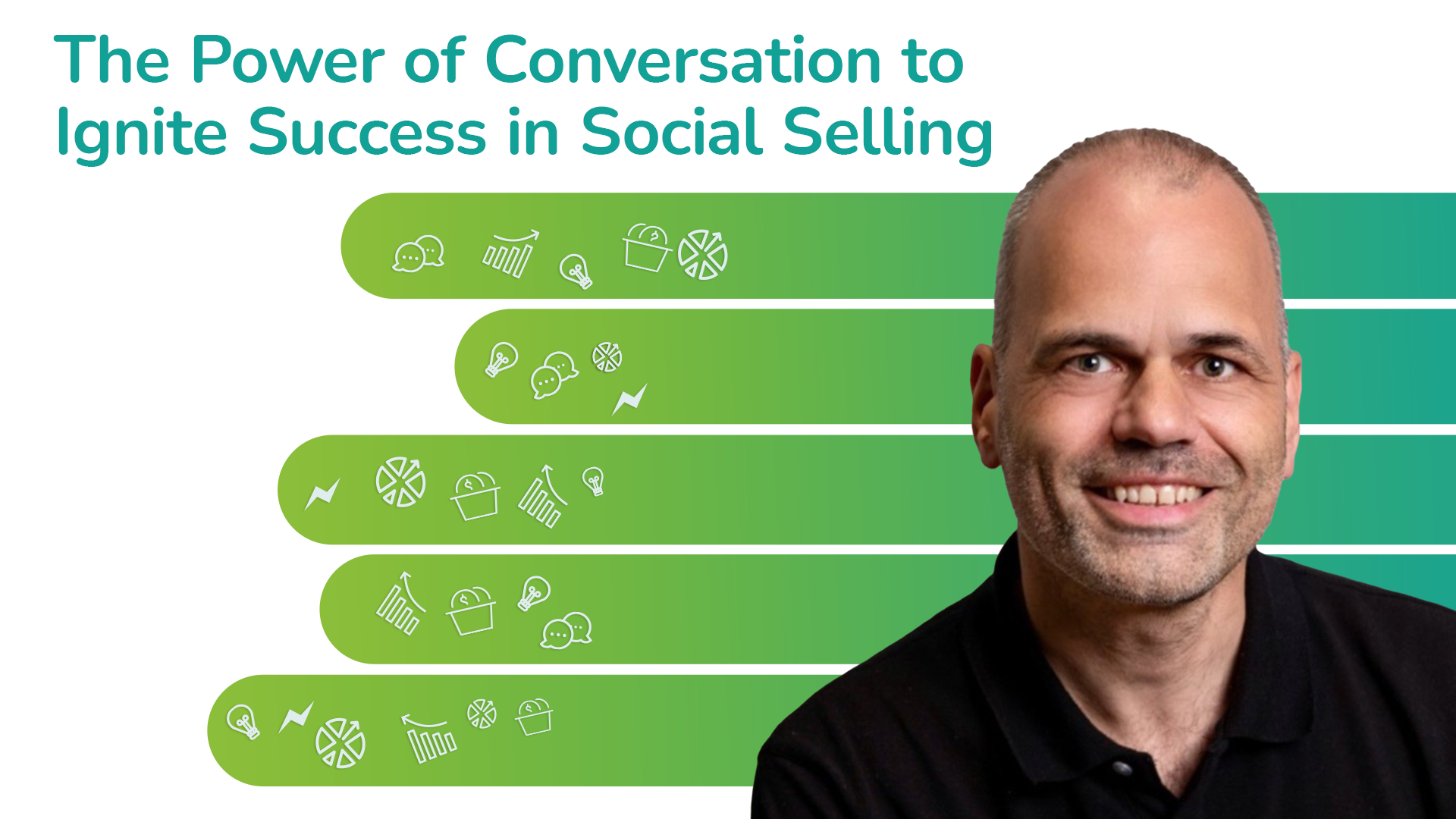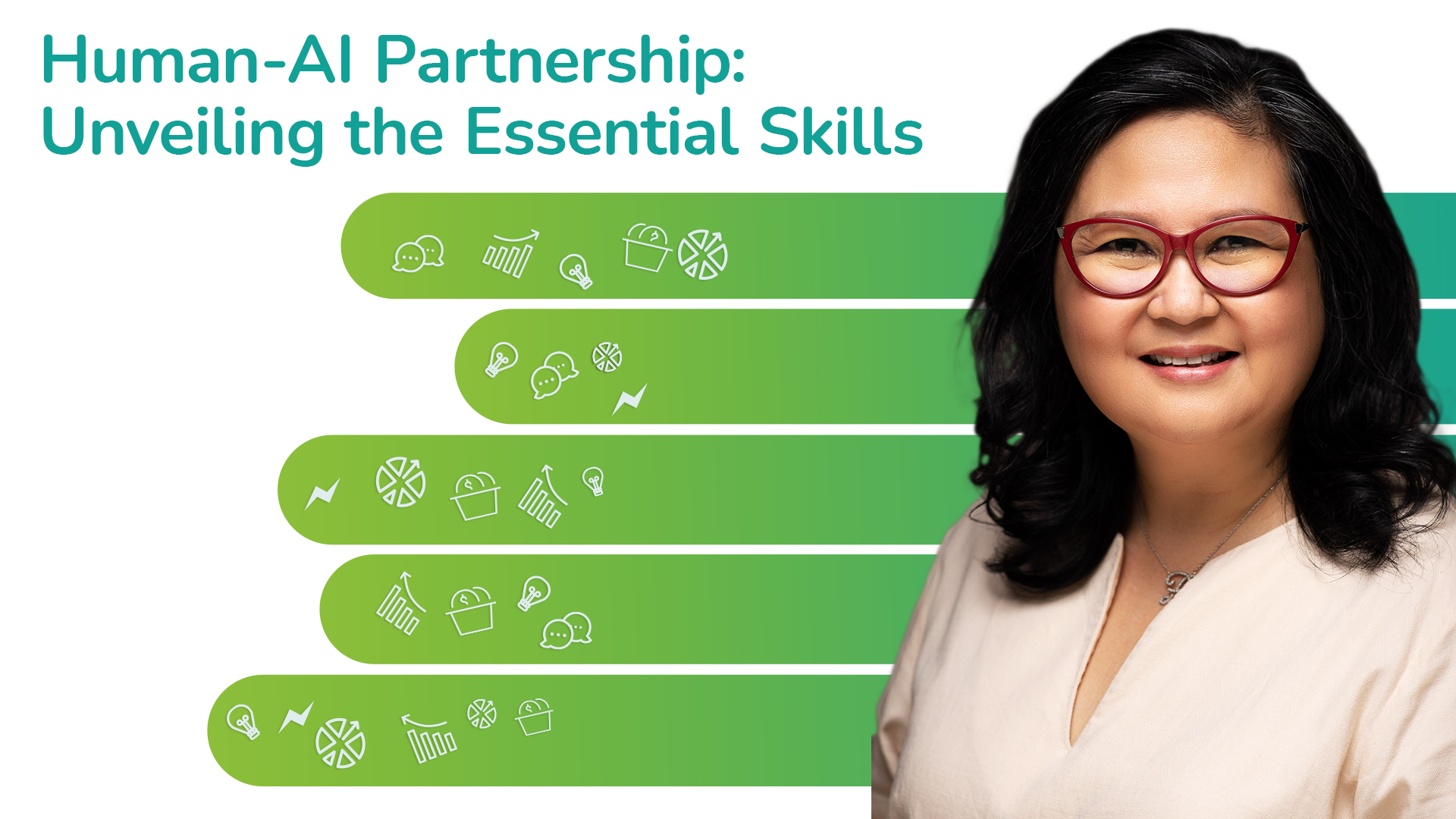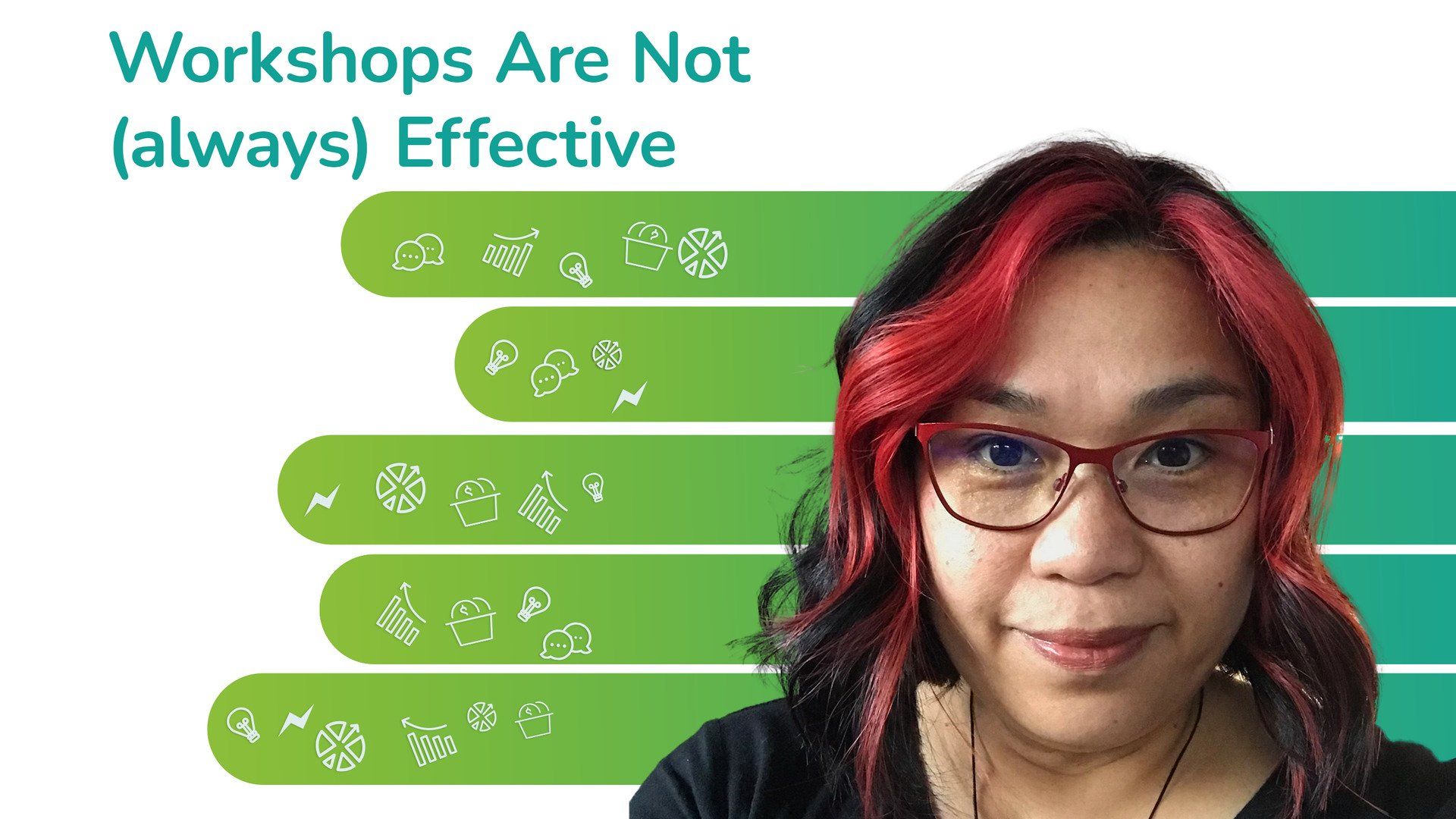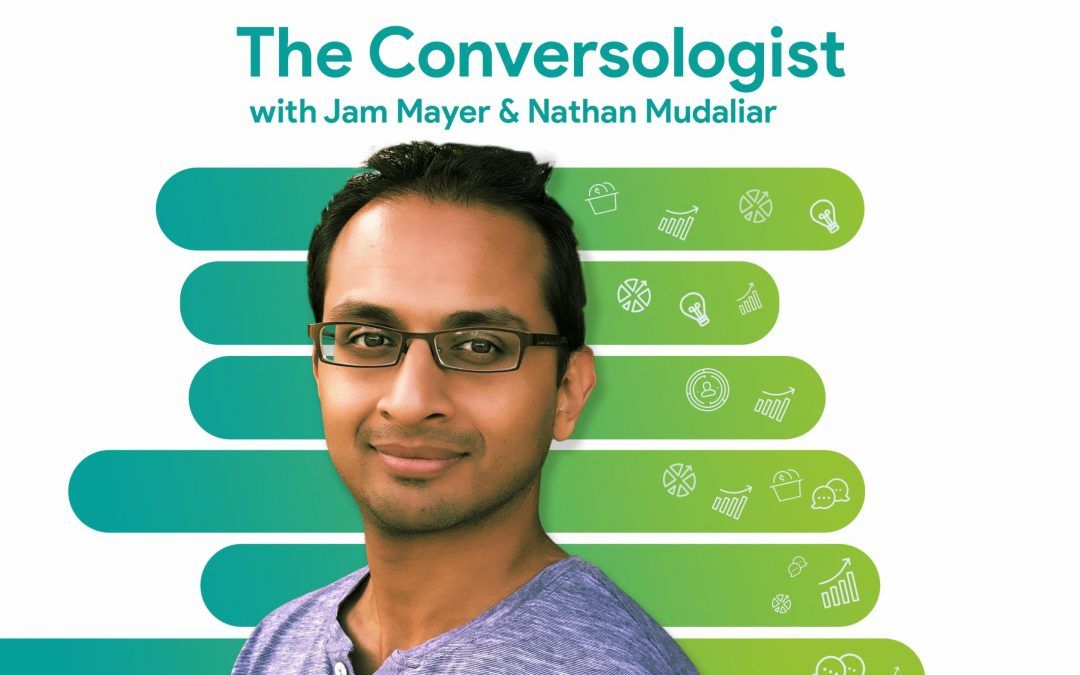
Season 2 Episode 19 | 13 minutes 43 seconds
Nerdgasms? Yup. An integral part of the Conversologist Lab.
This episode is not about what it is or how it's done but the WHY. This is my story that led me to start it and how it can potentially make a difference in people's lives.
Host & Guest
Jam Mayer
Resources
Episode Conversation
Topics that were discussed:
Episode Transcript
Nerdgasms. Conversologist nerdgasms? Yes. They are an integral part of the learning framework I recently developed. Most of you know I'm building the Conversologist lab for those who need a nurturing and safe place to learn, do, and celebrate.
I'm not here to tell you what it is or how. I'm here to tell you why.
Welcome to the Conversologist podcast, where we usually talk about the art and science of conversation in the digital space. Today, it's time for a story. I know that technology can be a powerful enabler, but I've always believed that communication and emotional connections still need to be at the core. I'm your host, Jam Mayer, and I invite you to converse with me.
Where it all began
This journey began when I was working as a quality manager and then moved on to training. As a quality professional, I was in charge of processes—look at data and see how I can further improve it. I looked at people's skills, how they did their job, and was it compliant? and looked for solutions, recommending those that were the most effective. It was fun, but everyone didn't like a quality manager.
They saw me as someone who only looked at their mistakes. They rarely saw me as a person who wanted to help them be better. At some point in my career, I had the opportunity to work with great training managers and directors, and eventually a training role (training director at that time) became vacant, and my boss or manager decided to merge both departments. It was a huge change, and those in the training department didn't like it at all.
From Quality to Training to Educator
My confidence was shot, but I just had to keep going.
It bore fruit, and it was when I transitioned from a coach—a quality coach—just recommending, to a full-blown training professional. It was the perfect job for me because I loved observing. I liked looking at the data. I liked the research and presenting the solutions, which basically started the training needs analysis. And that's the first step to the full training process. Plus, I absolutely loved facilitating the training and seeing how people would light up when they learned something.
And I see their progress, and the cycle just keeps going. Seeing and experiencing two sides of the coin was gold. That was when I knew I had a knack for connecting the dots. After a few years, digital became my home, and I've been in it for 20 years and counting. To add to my love of improving lives and skills, my interest grew in behavioral science.
I guess this was an itch I needed to scratch, since I wanted to take psychology in college at the Uni, but opted to go for computers and business instead. I wanted to change someone's behavior to make their lives better. Honestly, this is very emotional for me. Every time I hear someone come up to me and say, "You've changed my life," or "You've made me a better person," or "My life is better because of you," or "I was lost, not anymore."
And I had to stop because I'm actually getting teary eyed at the moment. Yes. So that is truly emotional for me, and that is what drives me in what I do. This fueled me every single time.
I then moved on to becoming a trainer. I then moved on to becoming an educator or a teacher and thought, "Why not join the Academe?" I did and saw myself teaching in universities. Without sounding arrogant, I received great student evaluations because my style of teaching wasn't traditional. I focused more on the application and almost personalised it for the students.
It is definitely less structured. And it wasn't rosy and perfect. It was hard. It was seriously hard being in the academe. Most students were used to listening to a professor take down notes, do homework, and pass tests, and for some, the grades were all that mattered.
I wasn't like that. I didn't really care about the grades because the tests were either outdated or wouldn't really reflect on whether they could take their newfound learning out into the real world, especially in digital. Some students just didn't get the lack of structure and couldn't think out of the box. I realized it wasn't that, probably because they just enrolled for the wrong reasons. I disagreed with the curriculum, the exercises, the thesis, and the big tests. It was all theory and textbook-based. Sure, there was a point where we had to work with a real-life company, but it will still be all theory, with no applications or very little application of the learning. My frustration grew.
Why I Left the Academe
The educational system was just very frustrating. It really didn't help the students prepare them for what's going on out there. No wonder why they take more time to acclimate to their first job. Or they're tied to a level one job for so long because they're learning new things that were never part of the so-called curriculum. Because of that frustration, I left the academe.
I continued to do workshops and coaching with a more personalized approach. Remember that educational frustration, the rigid type of teaching, and the students? I still see it up to this day in a professional setting. So I thought, how can I then make it more engaging for the learners?
My True Love for Gaming & Blogging
How do I change their mindset about learning differently? Studies have shown that in a relaxed state, the mind absorbs learning better. Retention is longer when it is applied to a real-world setting. There is a sense of accomplishment that releases serotonin. But I thought, were there other chemicals?
Enter my love for games, my favourite real-time strategy games, and time management. My partner honestly just gets stressed when I show him, "Yoohoo! Here I am, really having fun with a game that I'm playing, and it's real-time," especially real-time strategy games, or time management, which is pretty much the same. And he just looks at it for a few seconds, and he goes, "I'm stressed already." But to me, it wasn't stressful.
Anyway, that was when my blogging career really took off, way back, even when WordPress wasn't even a thing. So, when I was playing a game and realized that I couldn't find any cheat sheets because I was stuck on a level, and I blogged about it, I said, why not just help the other gamers who was playing this game? And if they get stuck like me, then at least they could do research on Google, and they'll find my blog, and I will be able to share this knowledge and help others.
Right? Blog was just one or the first. Yeah, I remember very clearly—that was my first game blog, or game blog post, or a blog post around gaming. And I didn't even do anything else—no other blog post after that—until I was contacted and recruited by one of the biggest casual game online publications. And they said, "Hey, would you like to be a game writer?"
You know, cheat tips, run-throughs, and stuff. It was exhilarating because I had to play the game up to a point where I could write and publish even before the games, well, were out in the world, or after just a few days of it being live to the public, competing with other game publishers like Game Spot. I had to play as fast as I could and then write, publish, and go. I was just a gaming journalist. It's just something that I really, really love doing.
My Interest in Gamification
It then led to my interest in Gamification.
A study published in the Scientific Journal in 1998 showed that playing video games released the feel-good chemical dopamine, and other studies have shown that it also included endorphins. So I took a Gamification Designer course and learned about Bartle's player types, socializers, achievers, explorers, and killers. It was fascinating. I wanted to learn more and finally connected them to the learning environment.
How does this impact learning, and how will it change people's lives? Intrinsic motivation? Bingo! I learned that it's quite powerful and stronger than external motivation, which we're all used to. Combining all of that experience—from quality to training to the academe and Gamification—plus loving, of course, games (I still play up to this minute), an interest in behavioural science, and most importantly, my own frustration and seeing it in a lot of learners,
I said, "Why do I have to fit the mold?" I never did anyway; the lab was born. When the agency side of the business took off, I had little time to do work that had meaning. This one. I didn't want to stop. So I tested the lab with a small group of supportive souls in Canada and the US for about a year.
The Birth of the Lab and Nerdgasms
Call it a beta test. Some say it's a market validation exercise. Sure. Look, they didn't get it at first. Going back to the students who were used to the traditional way of learning.
It was the same. It was awkward. They were unsure and confused, but they took a chance and went with it. The nerdgasms then happened. I saw pleased, grateful, and happy faces, and they kept on moving forward.
There is actually one, and she calls herself the best. She has the most beautiful smile that I've ever seen in my life. And she is just an absolute cheerleader. And thanks to her, she reminds me every time we talk that I have changed her life. I loved it.
They loved it. What made me go bonkers was when one of them told me, "I wish this was how I learned in school." You can probably imagine the sparkle in my eyes. I knew I had a mission. And best of all, through my research, here's another one.
The Bigger Picture
I found out that UNESCO and its delegates created sustainable development goals worldwide. So there are different goals. One is providing quality education for all that has a sustainable framework. I quote that education is at the heart of a sustainable future for us all. A development that meets the needs of the present without compromising the ability of future generations to meet their needs. So that was awesome.
And when I saw that, I was like, "Oh my God, here we go!" "Here is a way for me to be part of a bigger picture and to make a difference in the world." I then found out that the Kerry Institute has a sustainable learning framework that refers to a theory of educational practices that contribute to a healthy learning ecosystem in which knowledge is co-created and shared in communities and teachers, and the systems in which they work, are self-paced and adaptive to rapidly changing environments. Learning is an evidence-based process that addresses immediate needs and provides for the emergence of transformative insights and actions. And when I shared this, one of my beta group testers said, "Wow, that's the lab."
Yes, the lab is an application of that. I was just really—I'm sure you can hear it in my voice right now—it's just super stoked. Fast forward to today. Here I am, giddy and excited to go through the next chapter in my journey.One thing's for sure: this girl will continue to build a lab, and through nerdgasms, it will make a difference in the world. Thanks for listening to my story.
If you'd like to share your thoughts or join me on this journey, leave a voice message on Anchor.FM, on social media, and send a DM. I'd appreciate a follow. Subscribe to be notified of the next episode in your favourite podcast app or via email. Till the next episode. Remember to keep the conversation going.

